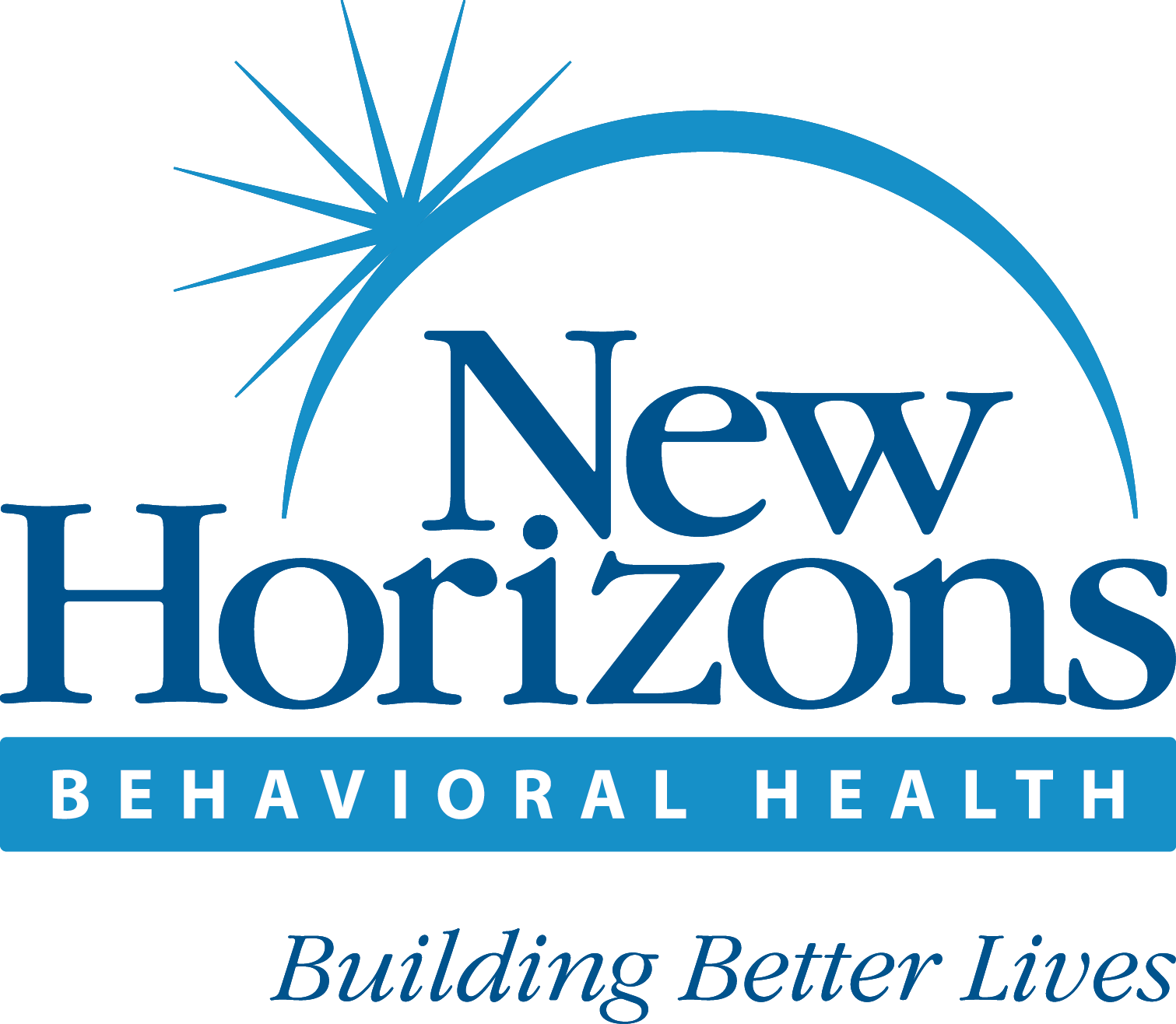Pride in Mental Health
Posted on Jun 03, 2020 at 0:00 AM
June is National Pride Month
Nearly 20 percent of the adult U.S. population lives with mental illness, and LGBTQ individuals are nearly three times more likely than others to be in that group. While the stigma surrounding mental disorders and the prejudice against LGBTQ individuals have lessened over the years, both are still pervasive in our society. And LGBTQ people coping with mental health conditions have to deal with the stresses imposed by both. Mental health in the LGBTQ community is a big and complicated issue, and knowing the facts is the first step to helping improve the situation.
What are some LGBTQ mental health statistics?
For LGBTQ individuals, the way their families and social networks accept or deny their sexual orientation and gender identity plays a huge role in their mental health and personal safety. How LGBTQ individuals view their own sexual orientation and gender identity also has an effect. LGBTQ mental health surveys have found that the more stigma there is, the higher rates of mental health problems there are.
Americans who identify as LGBTQ are two to three times more likely to have depression than non-LGBTQ individuals. Depression statistics for LGBTQ youth are equally telling. A Human Rights Campaign survey showed that 28 percent of LGBTQ youth reported feeling depressed most or all of the time; for the transgender youth cohort, the rate was even higher at 40 percent.
As a whole, the LGBTQ population also has a higher risk of suicide. Compared to youths who identify as straight, LGBTQ youth are four times as likely to attempt suicide, experience suicidal thoughts, and commit self-harm.
Another major mental health issue in the LGBTQ community is substance abuse. Studies have found that an estimated 20-30 percent of the LGBTQ community in the U.S. has substance use issues, compared to approximately nine percent of the general population.
The stigma and prejudice LGBTQ people face for both their sexual orientations and gender identities can also impact whether or not they get the necessary healthcare, whether it is for their mental or physical health. Studies show that more than one in five LGBT individuals has withheld information about their sexual practices from healthcare professionals out fear of discrimination. And that fear is not without merit. Approximately eight percent of LGB people and approximately 27 percent of transgender individuals have reported an outright denial of service by a healthcare provider, according to the National Women’s Law Center.
The mental health professionals and staff at New Horizons Behavioral Health are open and positive toward LGBTQ individuals and receive training and knowledge about mental health in the LGBTQ community, and health disparities LGBTQ individuals may face. We are accepting of each individual's expression of sexuality and gender.
While LGBTQ mental health statistics can be hard to look at and take in, we are here to help. Early intervention, having a strong support network, and getting treatment are crucial for anyone living with a mental health condition, and it is especially true for LGBTQ individuals who have to deal with the dual stigmas related to their mental illnesses and sexual orientation and/or gender identities.
All of us, including our friends, family and neighbors in the LGBTQ Community, are experiencing prolonged stress due to the Covid Pandemic and need to know New Horizons Behavioral Health is here for your mental health needs. Call us at 706-596-5500 for an Appointment. Ask about Telehealth Services.
- Categories:
- General

